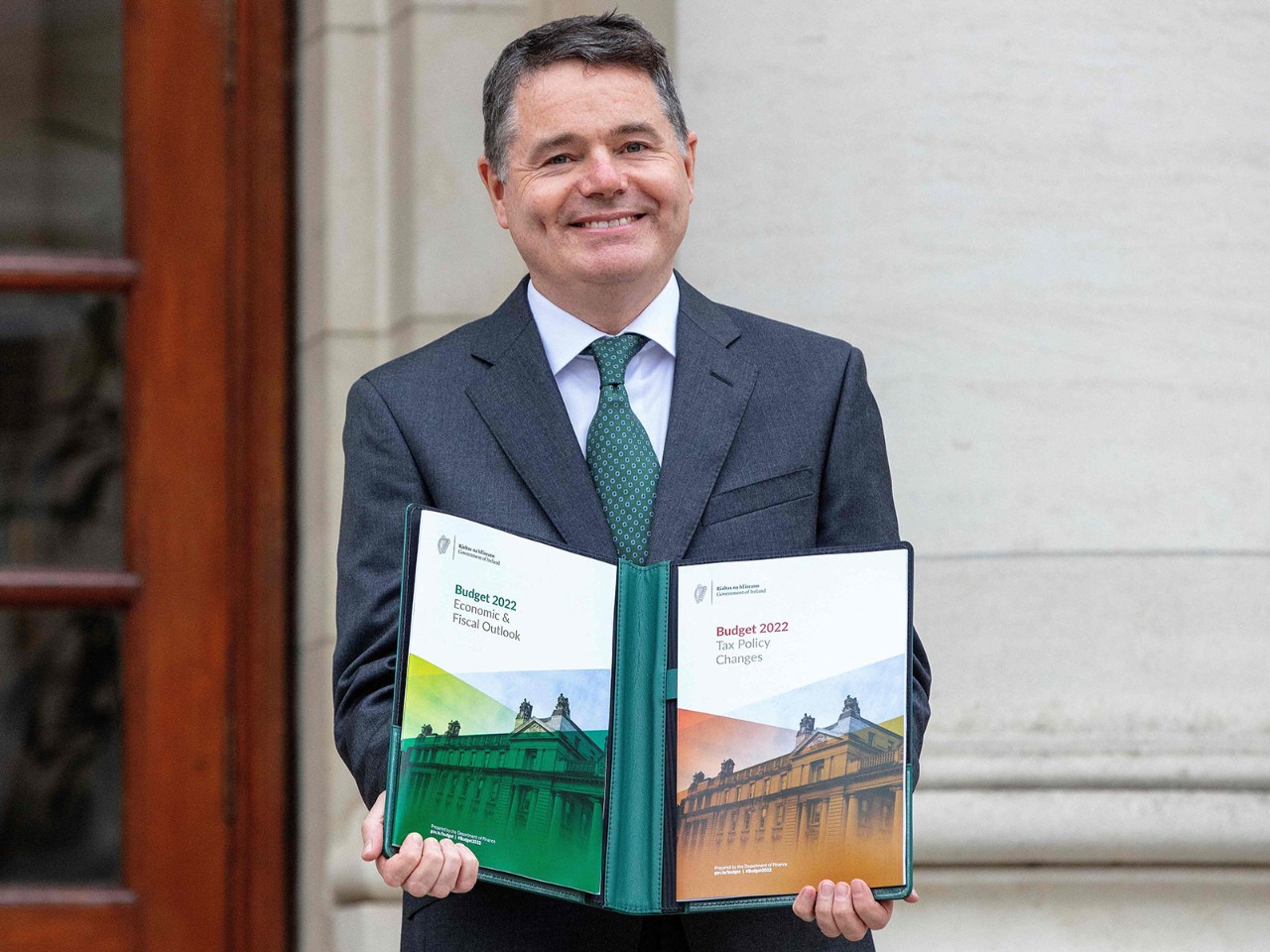
Much has been made of the havoc wreaked on the public sector over the past 18 months by Covid-19. But as vaccines start to beat the virus into retreat and public sector workers draw breath, their next challenge awaits: the backlog.
The battle-weary NHS has the steepest of mountains to climb. British Medical Association estimates suggest that between April 2020 and July 2021 there were 3.79 million fewer elective procedures and 26 million fewer outpatient attendances as a consequence of the pandemic. Barely anyone in the UK is without a delayed-care anecdote.
‘The scale of the backlog is a huge challenge, with no short-term fix’
The backlog isn’t limited to health and care services. Law courts were also largely unable to sit during the pandemic, and in April 2021 an estimated 58,000 crown court cases were stuck in the pipeline. Other organisations in the public sector struggled too. Schools, councils and universities all encountered delays in delivering services.
The statistics are troubling, but what is the story behind them, and what are those in charge on the ground doing to tackle the problem?
Playing catch-up
Tim Goodson FCCA, chief officer at Dorset Clinical Commissioning Group and lead for the Dorset integrated care system, has an unenviable job on his hands: playing catch-up for patients in the region.
‘During the pandemic, we had to focus on the next critical factor while still dealing with the former. So at one point we were focusing on personal protective equipment, then it was oxygen supply, testing, critical-care bed numbers, vaccination rollout and so on,’ he explains.
It was, he adds, an incredibly difficult time, with worried, sick and exhausted staff. Now, he says, ‘the scale of the backlog is a huge challenge, with no short-term fix’. He estimates it will take ‘years to turn around’, along with plenty of investment.
The public sector in the Republic of Ireland, has had a very different experience. Helena Cunningham FCCA, director of finance and economic development at Dun Laoghaire Rathdown Council says that while the council had to initiate a range of different responses, such as setting up a 12-hour self-isolation support helpline for elderly and vulnerable citizens and coordinating volunteer groups, any delayed works have since been completed.
‘We had some planned work schedules that couldn’t be met on time because a few of our contractors closed during the most severe restrictions, but we maintained essential services at all times, and quickly cleared our backlogs,’ she says.
Finance teams will need to become problem-solvers as they assess where to allocate funds while the future is uncertain
Virtual public sector conference 2021
Join ACCA’s public sector conference to hear from global experts in public finance, including discussions on sustainability, international standards, public sector skills, and the evolution of public financial management
Keep the good
Both Goodson and Cunningham say that tackling the backlog has been improved by techniques perfected during the worst of the pandemic.
‘Digital working and the use of technology generally has definitely added efficiencies to our work,’ Cunningham says. ‘I’d have regularly wasted a full morning travelling to and from a one-hour meeting in the city centre. Now I attend that meeting remotely and save a considerable amount of time.’
Goodson says it would be a shame to lose the joint working across public sector organisations that arose out of pandemic pressures. ‘It really has been a multi-organisation effort,’ he says. ‘I’d hate to lose the “in it together” approach that we’ve formed.’
In that spirit, Goodson is helping to pioneer a new project with University Hospitals Dorset NHS trust called Think Big.
‘We effectively took a blank sheet of paper approach to work through the best process, mapping of the different parts of a patient’s visit to an outpatient centre,’ he says. As a result of this planning, the trust has partnered with a local department store, Beales, converting the top floor of the store in the Dolphin shopping centre in Poole ‘into a safe clinical area for tests and screening’.
The trust’s chief operating officer, Mark Mould, hopes the centre will help process patients to their next level of care far quicker than pushing all appointments slowly through hospitals still complying with social distancing requirements.
Problem-solvers
For those in charge at operational and financial levels in public sector organisations, projects like Think Big in Dorset, should act as inspiration. Finance teams in particular will need to become problem-solvers as they assess where to allocate funds while the future is uncertain.
They will also have to think creatively to tackle legacy problems from the pandemic. For example, the payment by results system in the NHS – which sets a standard national price or tariff for each patient seen – has meant that, during the pandemic, many NHS departments accrued little income while still paying overhead costs.
But there are further problems coming down the line too, with public sector pay freezes likely and cost-cutting initiatives mooted to help foot the giant bill racked up during the lockdowns.
In short, even those public sector organisations that have escaped the worst of Covid’s consequences may find themselves with much still to do as a result of the pandemic. Backlogs are only the beginning.





